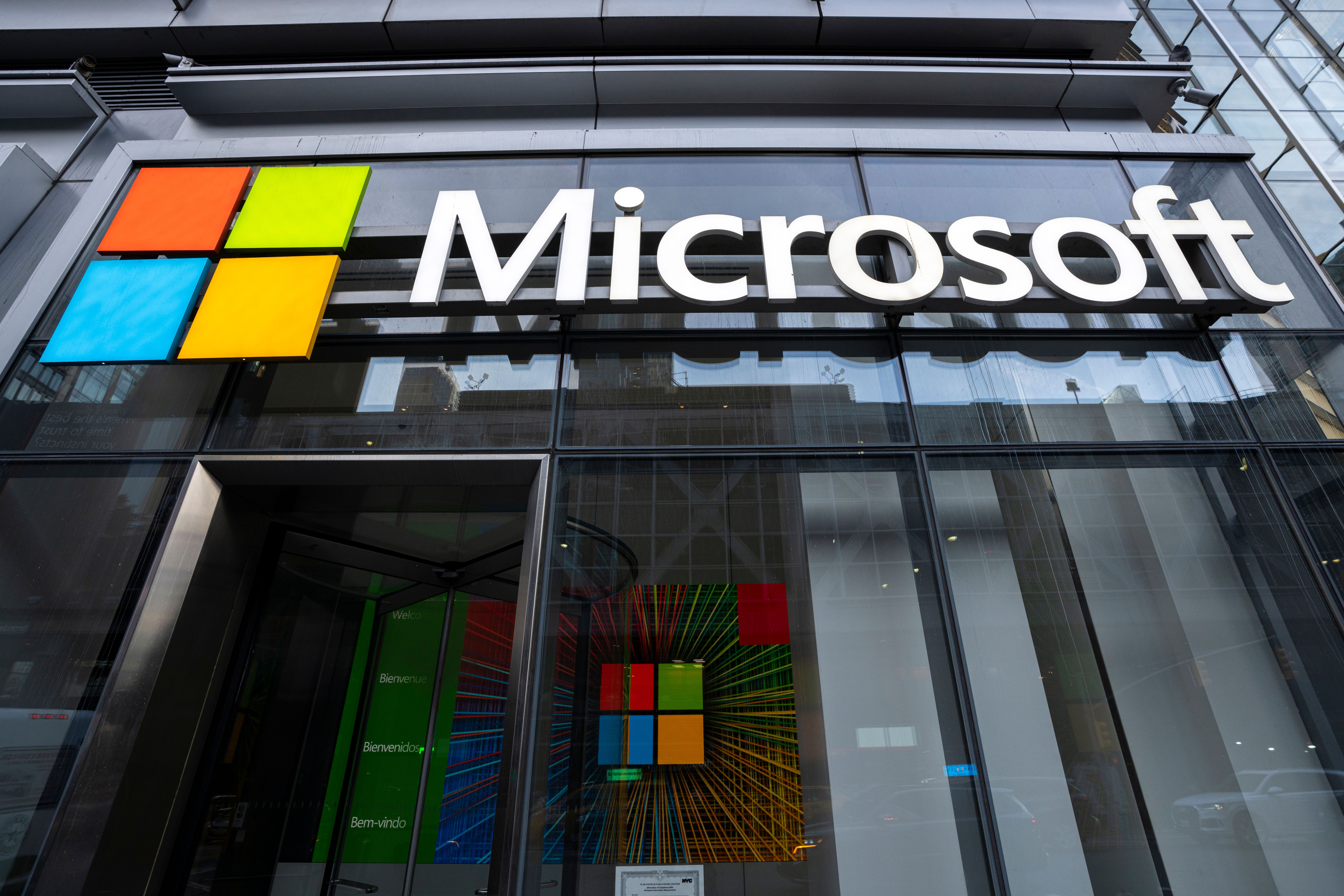Microsoft shareholders have voted against a proposal to allocate part of the company’s treasury to Bitcoin. Despite recognizing Bitcoin's potential as a hedge against inflation, the board cited concerns about its volatility and preferred focusing on stable, traditional investments. While the initiative was rejected, Microsoft has affirmed its continued observation of the crypto space, with CFO Amy Hood highlighting the company’s history of accepting Bitcoin as a form of payment since 2014.
This cautious stance underscores the hesitancy of many corporations to adopt cryptocurrencies despite their growing prominence. By rejecting this proposal, Microsoft aligns itself with other conservative industry giants who prioritize stability over innovation in financial strategies.
Impact on Crypto: Microsoft's rejection could dampen expectations for widespread corporate adoption of Bitcoin in the short term. However, the company’s acknowledgment of digital assets maintains a cautious optimism for future integration.

El Salvador and Argentina have signed an agreement to advance cryptocurrency adoption and regulatory frameworks. El Salvador, the first country to make Bitcoin legal tender, will share its insights with Argentina, which is exploring crypto solutions to combat inflation. The collaboration focuses on knowledge exchange, policy development, and fostering innovation to strengthen crypto ecosystems in both nations.
This partnership signals growing interest in digital assets as tools for economic stability, especially in regions grappling with economic challenges. By working together, the two countries aim to build a more inclusive and regulated crypto market.
Impact on Crypto: This agreement highlights Latin America’s leadership in cryptocurrency adoption, potentially attracting global investors and accelerating digital asset integration in emerging economies.

Ripple has received regulatory approval for its RLUSD stablecoin from the New York State Department of Financial Services (NYDFS). The announcement was followed by a 6% surge in XRP’s price, reflecting investor confidence in Ripple's expanding product offerings. RLUSD is poised to enhance Ripple's portfolio, increasing its adoption in financial systems and bolstering its reputation in the digital asset space.
This approval aligns with the broader trend of integrating regulated stablecoins into the financial ecosystem. Ripple's move could set a precedent for other crypto firms to follow.
Impact on Crypto: The approval of RLUSD strengthens Ripple's market position and underscores the importance of regulatory compliance, paving the way for wider stablecoin adoption in mainstream finance.

MicroStrategy is on track to join the Nasdaq 100 index, with the final decision expected soon. This inclusion could drive an estimated $2.1 billion in inflows from ETFs tracking the index. MicroStrategy’s significant Bitcoin holdings—currently valued at over $42 billion—have played a pivotal role in its stock's appreciation and market relevance.
While some analysts caution that its classification as a financial stock may affect its eligibility, the move reflects growing recognition of cryptocurrency-focused companies in traditional financial indices.
Impact on Crypto: MicroStrategy’s potential inclusion in the Nasdaq 100 highlights the integration of Bitcoin-related firms into mainstream markets, boosting institutional confidence in digital assets.

Google’s new quantum computing chip, Willow, has reignited concerns about the potential vulnerability of Bitcoin's cryptographic algorithms to quantum attacks. While the chip showcases significant advancements, experts agree that current quantum capabilities are far from being able to compromise Bitcoin’s SHA-256 encryption. Developing a system with millions of qubits required for such an attack could take decades.
The crypto community is already exploring quantum-resistant cryptographic methods to ensure long-term security. These proactive measures indicate the industry's readiness to adapt to technological advancements.
Impact on Crypto: Though the immediate threat is minimal, Google’s progress underscores the importance of ongoing research into quantum-resistant technologies, reinforcing Bitcoin’s resilience against future risks.

Key Takeaways from the Latest Cryptocurrency Developments
- Corporate Hesitancy on Bitcoin Investments:
Microsoft’s rejection of a Bitcoin treasury proposal reflects ongoing caution among corporations toward cryptocurrency adoption, prioritizing stability over innovation despite growing interest in digital assets.
- Latin America Leads Crypto Collaboration:
The partnership between El Salvador and Argentina highlights Latin America’s proactive approach to cryptocurrency adoption, leveraging blockchain solutions to address inflation and foster economic stability.
- Ripple’s Regulatory Milestone:
Regulatory approval of Ripple’s RLUSD stablecoin bolsters confidence in stablecoins as integral components of financial systems, setting the stage for wider adoption and integration of digital assets.
- Mainstream Recognition for Crypto Firms:
MicroStrategy’s potential inclusion in the Nasdaq 100 underscores growing institutional acceptance of cryptocurrency-focused companies, signaling a major milestone for the industry’s mainstream integration.
- Quantum Computing and Crypto Security:
Google’s quantum computing advancements highlight the importance of research into quantum-resistant cryptography to ensure long-term security for Bitcoin and other digital assets.not a financial advice. do your own research.